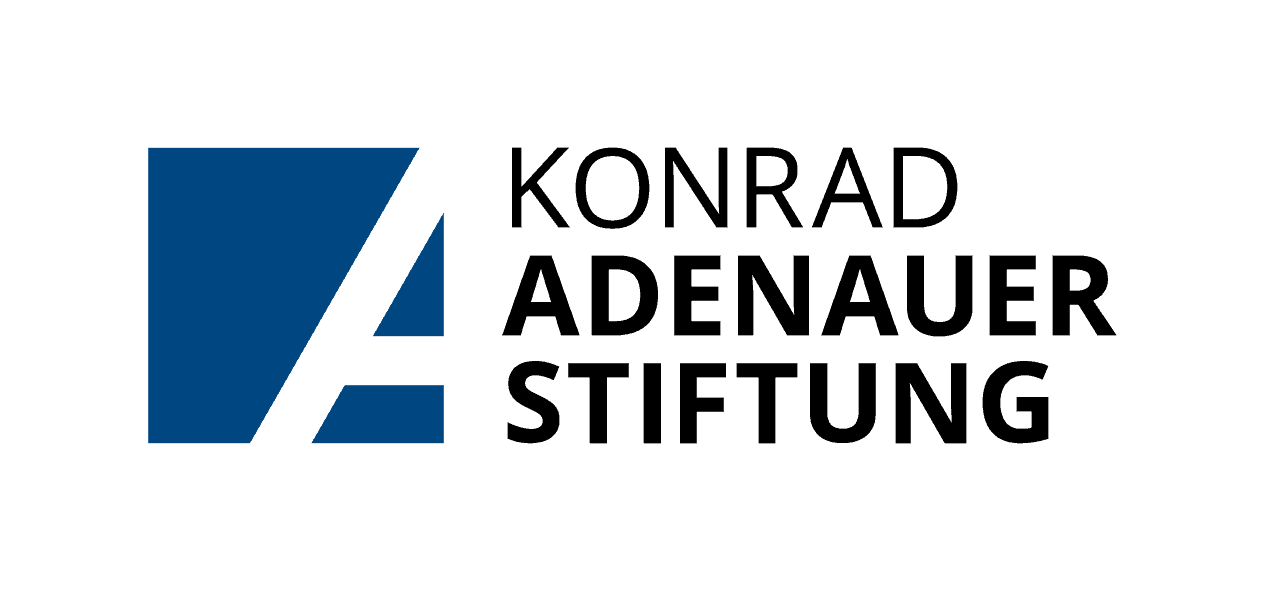An investigative feature is predicated on understanding how systems work, or at least, supposed to. To keep track of the information you need, frame your questions as such:
- > How is this process or system supposed to work?
- > Who is supposed to do what, when and how?
- > How is the process documented and recorded?
- > What standards or benchmarks will be in place, how are they established, and who enforces them?
The more detailed and comprehensive your answers are, the better you will be able to judge where and when things may go wrong.
Besides getting the answers to these questions, your investigation should also comprise of several other features. Bearing this in mind from the get go helps you to frame and file your information neatly, so you do not waste time assembling it when it comes to writing the story, or worse, forgetting about it as things pile up.
Establishing a timeline for the case at hand
It is important to keep track of the chronology in your investigation. This does not mean that you have to present your story in a chronological way, but rather, that you ‘pin’ facts on a timeline of the events. This will help you to build a clear picture of what came before and after, and what happened simultaneously.
Differentiating between qualitative and quantitative data
Quantitative data is about numbers. For instance, how many quality checks does a certain pharmaceutical drug need to undergo before it is released on the market? What is the level of pollution in a water body? How has city crime been over the past five years? Very often, it is the figures that can turn a small local story into a major national investigation by providing concrete evidence, like school dropout figures in your community, that may resonate with the entire country.
In many places around the world, it is near impossible to access quantitative or written records simply because there are not any. But there are two other ways to investigate issues in such a document-poor environment: through use of your own observations, and structured interviews of relevant people. Gathering information about people, events, reasons, motivations, feelings and arguments are considered qualitative data. Keep in mind that starting with an issue often leads you to a person or group of people, i.e. a street address can lead you to the owner.
Organising your research
There are electronic project management tools that allow you to create a database of interviewees, informants or other contacts and their areas of expertise. It should contain a catalogue of questions, factsheets to help you record established facts as well as assumptions that still need to be proved, hyperlinks to relevant documents, statistics, data banks and interviews. Evernote is very popular among journalists but not secure enough to store classified information. Keep security in mind when choosing a management tool.

